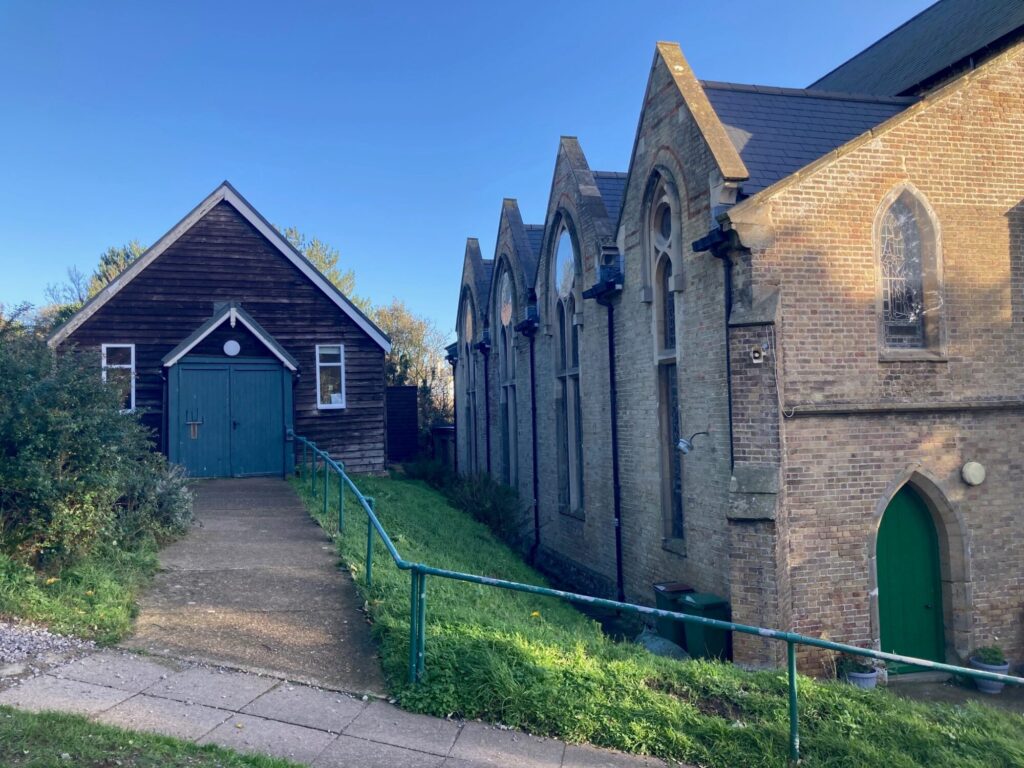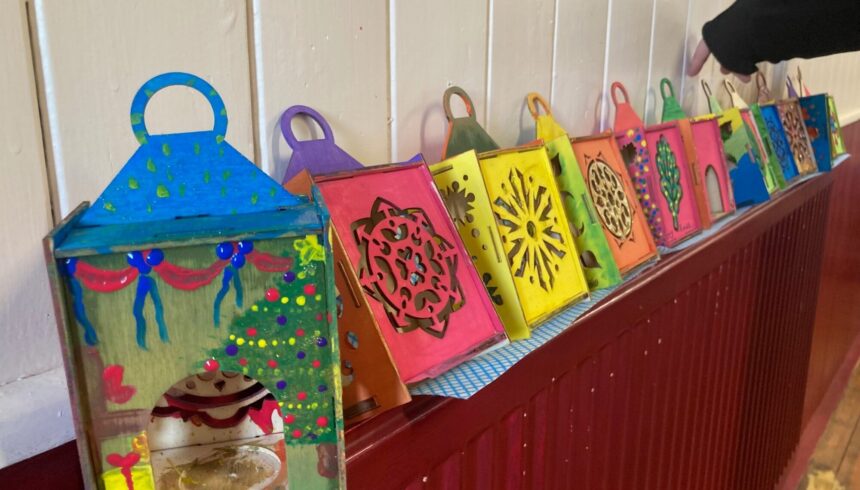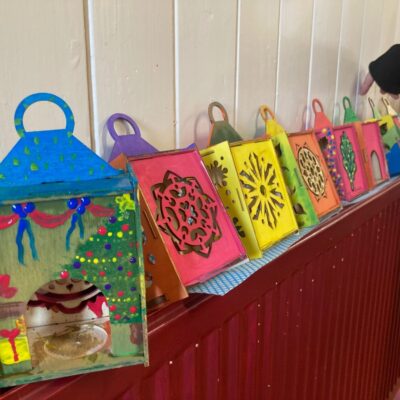During the Covid pandemic, I was living in Folkestone. It was a strange time for everyone. I’d never heard about Napier Barracks until there was a local community meeting where we heard that asylum seekers were already being held in the disused barracks on the top of the hill, without any consultation amongst the local community. The local people were very good, and they were concerned that this was not a good place for refugees, it was isolated and very dilapidated. They wanted to support them and show them some welcome. I volunteered quite early with a group visiting Napier, and whilst I was there, there was the serious Covid outbreak, and I needed to isolate in case of infection.
An important part of volunteering in a situation like that involves an awareness that you have no idea whom you will meet and what needs they have. Some people are highly skilled and organised, articulate and clear about what they want and plan to do. Others might be very vulnerable, whilst also highly intelligent, and I might not be able to understand or even help them. So my approach has always been to just be myself. To not expect anything, to not expect to be welcomed, not expect everyone to be happy with my help. To be there, to listen, and be ready to do my best.
A ‘typical’ day
A typical day would look rather chaotic, we’d arrive at the camp and just wait around. There was nowhere to go, nowhere to sit and meet people. Word got round and other NGOs like Samphire and Kent Refugee Help began attending, as well as individuals, members of the public, both local and from further afield. They were concerned, caring people who wanted to help. I joined a new group called Friends of Napier and I visited regularly along with some religious Sisters who used to visit those in detention and that’s where I first met JRS staff and volunteers.
It was difficult to find any privacy to have a conversation in Napier, so that’s why it was so important that the Napier Drop-In Centre began in the Church Hall down the hill from the barracks. Many people needed our support, many were unable to function without help.

I began to go once a week, either to the barracks or the Drop-In. Information was translated into various languages, I was able to help with that. It was a real and wonderful experience and opportunity to recognise the human spirit, and what can be achieved even in such a constrained situation. I met a Syrian man one day. He and his two brothers became separated when they were trying to get to the UK. Two arrived here and one was in Napier. Out of the blue, he received a message from his younger brother saying that he was drowning in the sea, and please help. He had no idea where he was. The day was spent speaking to international rescue, going from one contact to another (a journey of discovery). With the help of Italians, Germans and other groups, the drowning brother at sea was found and he survived. It is an incredible story of communicating by mobile phone from Napier and helping a younger brother in need. My small part was to support this brother through this traumatic time.
There is another long story I was involved with – about an Eritrean who was kidnapped in Libya– we managed to help his brother at Napier with support, with advice and information. Not really ‘typical’ days for most people.
Through my work there I managed to get a job as an outreach visitor to Napier as a supporter of refugees. I was able to be a translator for many people, it was so important to be able to give them time.
Community Volunteering
It was so heart-warming to see the generosity and kindness of the local community in and around Folkestone. People brought their talents to share with the refugees, like teaching music, providing materials to make beautiful Arts and Crafts. There were legal support groups from local solicitors. Some brought sewing machines and fabrics to make clothes, or design their own T-Shirts. The combination of locally organised groups, established charities and individuals provided some important relief to some very anxious and traumatised people.
Friends for life
I am still in contact with people from the local community in Folkestone, who have been very supportive of refugees. They have tried to do the right things. They were not happy with the lack of consultation from the Government, and it wasn’t a good idea to side-line them. We are facing an international crisis and they have stepped up in their own way.
Occasionally I meet someone whom I met years back, perhaps on a train, or in the street, and they recognise and speak to me in a friendly, grateful way. There is a deep connection due to volunteering.
I am so grateful to the good Sisters who visit Napier, from whom I learnt so much, and all who give their time and talents to those held in quasi-detention. And of course, to JRS. I consider myself very fortunate to be able to work in such an organisation as this.
Want to learn more?
The Jesuit Refugee Service UK (JRS UK)’s report ‘Napier Barracks: the inhumane reality’ shines a light onto the experiences of people placed in the asylum camp at the disused Napier Barracks in Kent.
JRS UK ran an outreach service to Napier for two years from October 2020. What we saw on the ground was deeply troubling: the site was bleak and rundown, the setting was securitised, the accommodation was crowded. This all took a serious toll on mental health. The report draws from the accounts of 17 forcibly displaced people supported by JRS UK held in Napier Barracks between July and November 2022.



